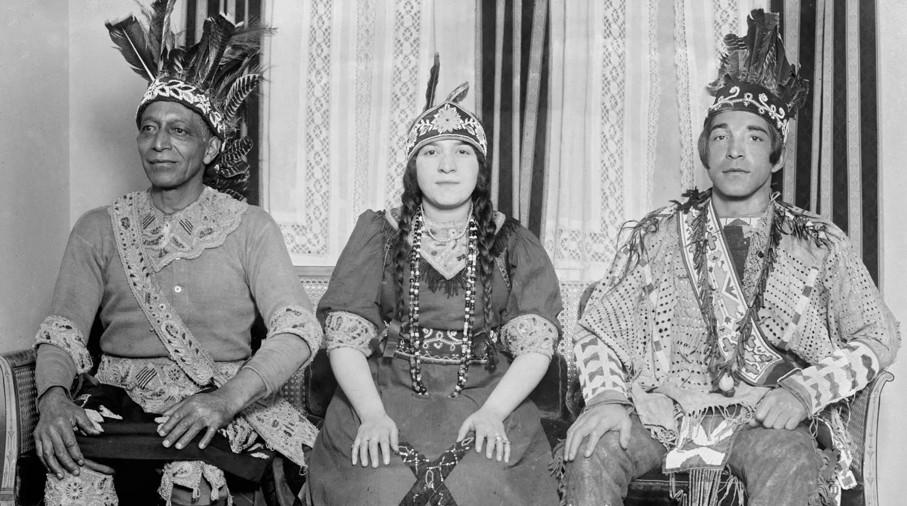
The query “how to sleep owl” might sound peculiar at first. Do owls need help sleeping? The truth is, owls are perfectly capable sleepers, having honed their resting habits over millennia. What the question likely gets at is: how can we, as humans, ensure that these magnificent nocturnal predators get the crucial rest they need to thrive?
Unlike us, who often crave a quiet, dark night for sleep, owls primarily rest during the day. As masters of the night, their days are reserved for recuperation, allowing them to remain sharp, silent, and ready for their evening hunts. But even for an apex predator, a disturbed sleep can have serious consequences.
Here’s how we can contribute to healthy, undisturbed sleep for our owl neighbors:
Understanding the Owl’s Sleep Cycle
Owls are primarily nocturnal, meaning they hunt, mate, and are most active under the cover of darkness. This naturally dictates that their resting period falls during daylight hours. They are not “sleepy” creatures; rather, their bodies are simply adapted to a different schedule.
Where Do Owls Sleep? Choosing Their “Bedroom”
Owls are strategic nappers, often choosing roosting spots that offer security, camouflage, and protection from the elements and potential predators (like larger birds of prey or raccoons). Common owl sleeping spots include:
- Dense Foliage: Thick clusters of leaves and branches provide excellent visual cover.
- Tree Cavities and Snags: Old, hollowed-out trees offer safe, enclosed spaces, especially for nesting.
- Abandoned Buildings or Barns: Quiet, secluded man-made structures can also serve as roosts.
- Conifer Trees: Their dense needles offer year-round cover.
They often sit very still, blending seamlessly into their surroundings, sometimes appearing almost like part of the tree itself.
The Importance of Undisturbed Rest
A good day’s rest is vital for an owl’s survival:
- Energy for Hunting: Hunting requires immense energy, keen eyesight, and acute hearing. Rest replenishes these vital resources.
- Sharpened Senses: Sleep helps maintain the optimal function of their incredibly sensitive eyes and ears.
- Avoidance of Predators: While formidable, owls can be vulnerable to larger birds of prey (like eagles) or other predators during their resting hours. A deep, undisturbed sleep helps them remain alert enough to detect potential threats.
How We Can Help Owls Sleep Peacefully
The best way to help an owl sleep is to leave it alone. Direct human interference is almost always detrimental to wild animals. Instead, focus on creating an environment where they can naturally find rest:
- Maintain Respectful Distance:
- If you spot an owl roosting during the day, admire it from afar. Use binoculars if you want a closer look.
- Do not approach, try to call to it, or make sudden movements. This stresses the owl and can force it to expend valuable energy fleeing a perceived threat.
- Never try to “help” a seemingly sleepy owl. It’s just doing what owls do.
- Minimize Noise and Light Pollution:
- If you know owls are in your area, be mindful of excessive noise during the day (loud machinery, music, etc.).
- Avoid using bright lights, especially flash photography, directly on a roosting owl. A sudden flash can disorient and frighten them.
- Protect and Preserve Their Habitat:
- The most significant way to help owls sleep (and thrive) is by protecting the places they live. This means:
- Preserving Old-Growth Trees: These provide crucial roosting and nesting cavities.
- Limiting Deforestation and Habitat Fragmentation: Owls need continuous, undisturbed areas.
- Avoiding Pesticides: Rodenticides can indirectly harm owls by poisoning their prey.
- Creating Owl-Friendly Landscapes: If you have land, consider planting native trees and shrubs that offer dense cover.
- The most significant way to help owls sleep (and thrive) is by protecting the places they live. This means:
- Educate Yourself and Others:
- Learn about the specific owl species in your region and their unique needs.
- Share responsible wildlife viewing practices with friends, family, and your community.
What NOT to Do
- Never attempt to feed a wild owl. This can make them reliant on humans, lead to nutritional deficiencies, and put them in dangerous situations.
- Do not try to “rescue” a healthy, roosting owl. It’s not injured or stuck; it’s just sleeping. If an owl appears genuinely injured or in distress (e.g., tangled in something, visibly wounded), contact a licensed wildlife rehabilitator immediately. Do not attempt to handle it yourself.
- Avoid disturbing nests, especially during breeding season. Parent owls need undisturbed rest to successfully raise their young.
By understanding and respecting the natural rhythms of owls, we can ensure that these magnificent night hunters get the peaceful, undisturbed sleep they need to continue their vital role in our ecosystems. Our best “help” is often simply to observe from a distance, protect their homes, and let them be.





